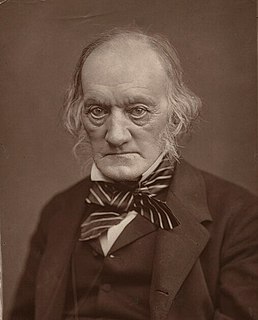A Quote by Li Keqiang
Changes call for innovation, and innovation leads to progress.
Quote Topics
Related Quotes
Implementing any major changes to the way companies operate requires time and determination and the shift to globally integrated innovation is no exception - it calls for new capabilities to be built, changes in the structure of the innovation organization, new systems, processes and mindsets. The scope and scale of this task shouldn't prevent executives from starting down the path of change as the systemic nature of innovation activities means that every single element of change that's brought about will make a difference.
Innovation is the specific tool of entrepreneurs, the means by which they exploit change as an opportunity for a different business or a different service. It is capable of being presented as a discipline, capable of being learned, capable of being practiced. Entrepreneurs need to search purposefully for the sources of innovation, the changes and their symptoms that indicate opportunities for successful innovation. And they need to know and to apply the principles of successful innovation.
Intellectual-property rules are clearly necessary to spur innovation: if every invention could be stolen, or every new drug immediately copied, few people would invest in innovation. But too much protection can strangle competition and can limit what economists call 'incremental innovation' - innovations that build, in some way, on others.
Leapfrog innovation - consistent, constant, ridiculous leapfrog innovation - only happens within a dictatorship. Any time you try to do something really innovative, most people aren't going to understand it until after they experience it. So when you're developing in innovation, you have to be a dictator.
Both SOPA and PIPA are toxic. My view is that anyone who supports these bills either doesn't understand what they are supporting or is simply no friend of innovation. And, if you are no friend of innovation, I can't support you in any way, as innovation is the lifeblood of our economy, our country, and what I've dedicated my life to.


































